Minneapolis Church Leaders on Their Role in Racial Justice
Their thoughts on prayers, actions, grief and healing
The uprising in Minneapolis following the killing of George Floyd by police brought local church leaders out into the streets, where they marched for justice alongside thousands of protesters.
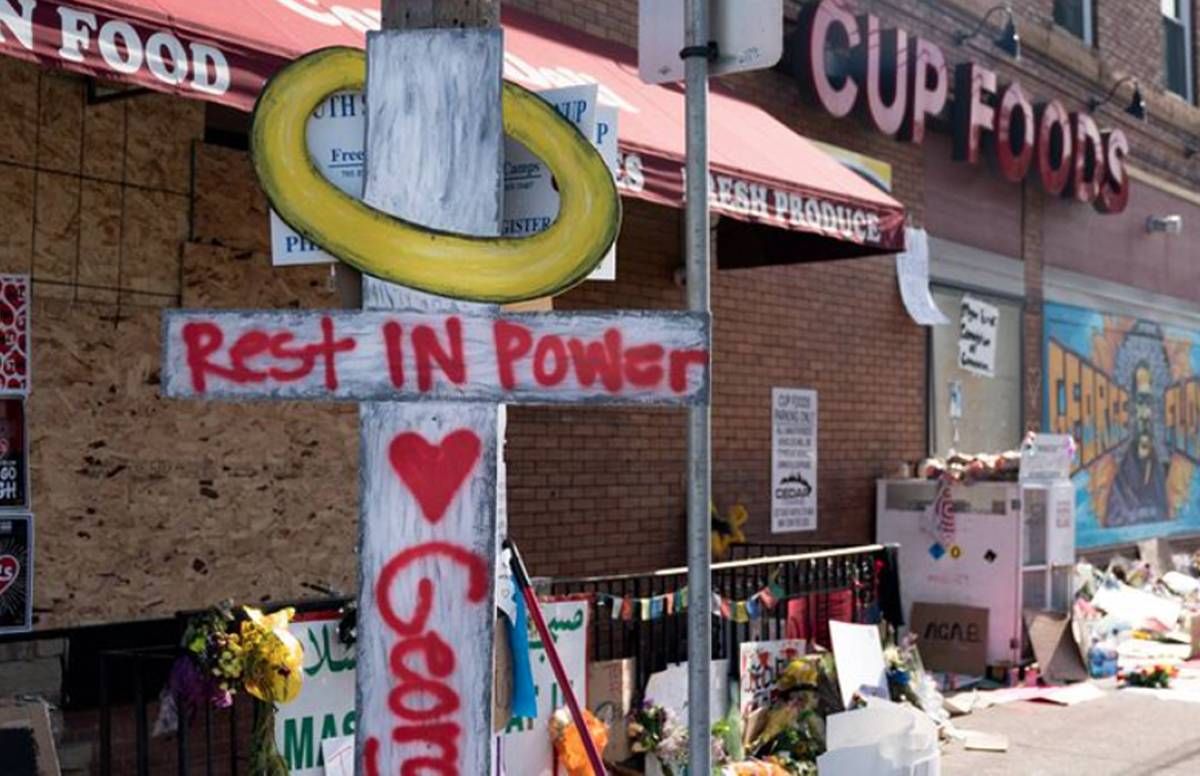
"I couldn't stop the people at New City Church from protesting if I tried," said the Rev. Tyler Sit, pastor at New City Church in South Minneapolis. "The very thing that attracts people to New City Church is the thing that is bringing people out to the streets."
The church community — especially the Black church — has always had a foot in civil rights and racial justice work. Martin Luther King, Jr. was a preacher after all.
Some church leaders in Minneapolis say it's up to the faith community to actively dismantle white supremacy in an intersectional way.
"A lot of times you'll hear activists say, 'We don't need your thoughts and prayers. We need you to do something about it.'"
"I'm a pastor for First Covenant Church in Minneapolis. I'm also an African American woman and a mother. And I am lesbian," the Rev. Jia Starr Brown said. "And I share those pieces of elements of my life because there are needs in all of those sectors. They all intersect in the conversation surrounding racial justice."
This is work these church leaders have been doing for years, only intensified by the recent uprising.
Rewire spoke with Minneapolis church leaders about where they see the church within the Black Lives Matter movement and about racial justice as a whole:
Reverend Tyler Sit, Pastor, New City Church
On prayers and action:
New City Church really cares about intersectionality. That means there are people who are queer people of color at New City, and they want to see both queerness and racism addressed at the same time, because it lives in our bodies at the same time. I don't get to wake up and decide if I'm Asian today or if I'm gay today; I am both Asian and gay.
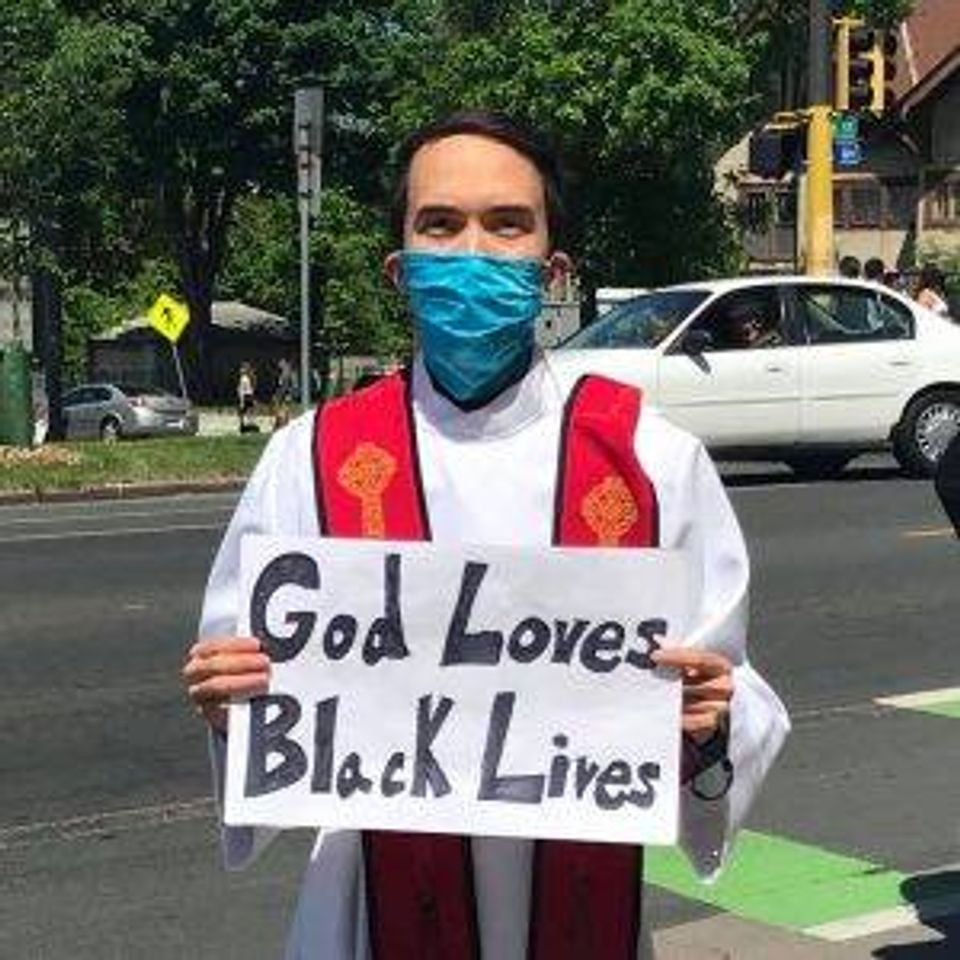
We know if we do one topic at a time, it'll never address a multi-identity person.
Nowadays, the trope of 'prayers and thoughts' is kind of a soft way of saying inaction. Like, a lot of times you'll hear activists say, 'We don't need your thoughts and prayers. We need you to do something about it.'
And I think that as a faith leader, I see that as my responsibility to show that thoughts, prayers and actions are all actually part of the same movement toward justice.
On grief as justice work:
From experience, I know that the injustices our society causes are complicated and formidable, and they won't go away without people dedicating their whole selves — their body, mind and spirit — to the work.
And the reason why grief is so important is because it allows us to bring our heart into the work. Otherwise, we'll just be responding based on fear, which eventually subsides, or adrenaline, which eventually subsides, or guilt, which eventually subsides. But it's grief that truly moves us into committed and whole-body activism.
I think that a lot of the role that I'm finding for myself, especially as these vigils continue to evolve, is telling the story of what people are experiencing, and giving a platform for that so that they're able to share their experience in ways that aren't being reflected in journalism otherwise.
Reverend Dana Neuhauser, Minister of Public Witness, New City Church
On starting a conversation:
Clergy and laypeople need to find ways to build on-ramps for people who are new to the conversation. You can't go from addition to calculus in one leap. So, what are the pathways for people to develop and grow?
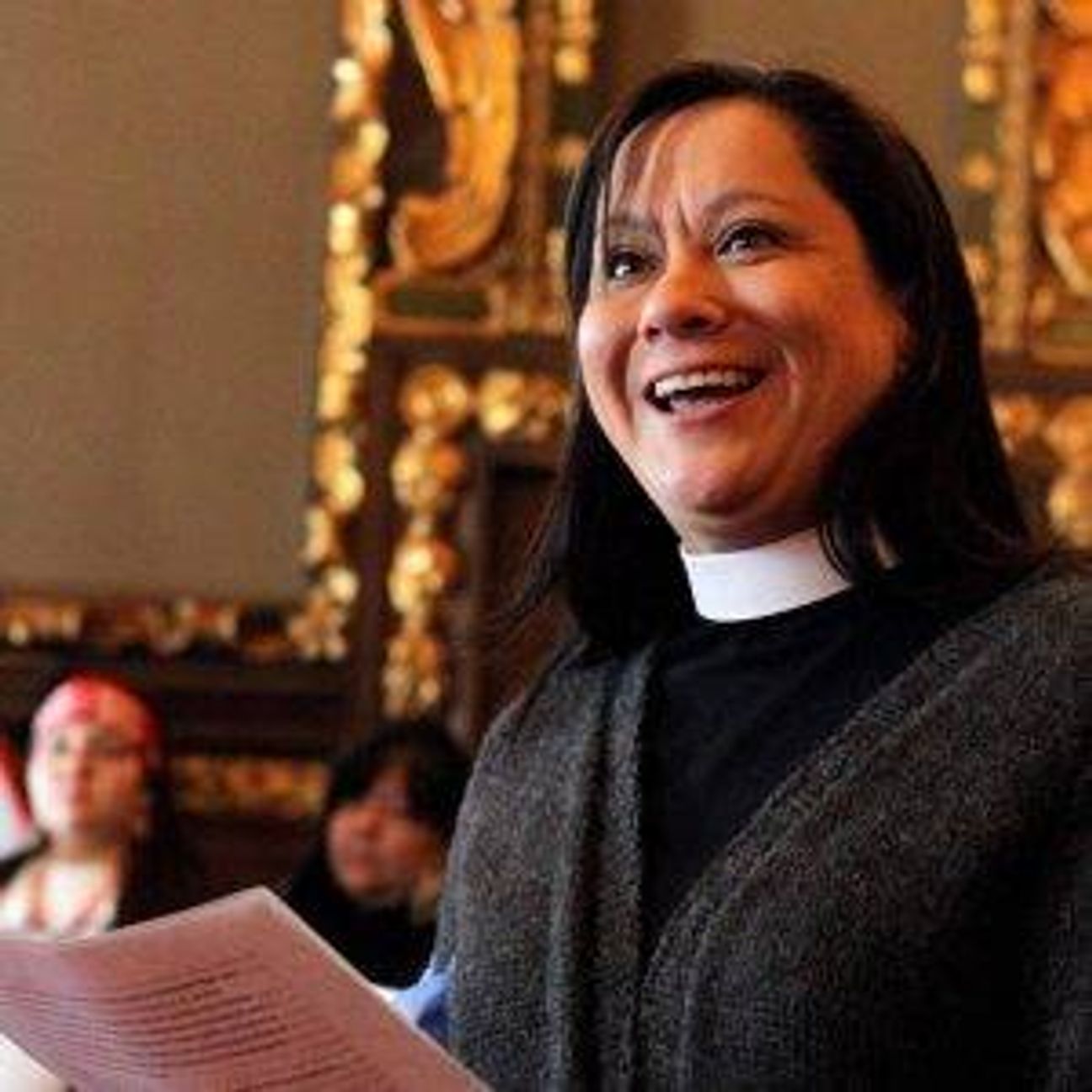
It's just not enough that the church be involved in equipping people, but that there's some turning around and changing behaviors.
The church has been an agent of perpetuating white supremacy culture and racist attitudes going back to the people who formed the Doctrine of Discovery that gave Europeans the right to take land or enslave people who wouldn't become Christian. The church really has to face that.
Reverend Jia Starr Brown, Pastor, First Covenant Church
On healing:
I find myself, every day, quite a bit on the corner of 38th and Chicago, where George Floyd was killed. It's so interesting because the media tends to present primarily images of unrest and violence, not just in this past week but, just traditionally, Minneapolis has largely been painted as a place where there's a lot of unrest and violence.
And what I found on that corner was a really beautiful melody of people helping people.
"I think that the church is called to listen to the voices of people of color and indigenous people in this moment and be led by them."
And of people healing people, of people passing out free food and just setting up tables, and kids drawing images with chalk, and music playing and dancing happening and relationships being built, as people who have worked to repair the broken windows, but also the broken dreams of business owners who were already struggling due to limited access to the small business loans to minority business owners.
On action moving forward:
Three months from now, when the signs stop waving, and the tourist attraction on 38th and Chicago goes away, there still will be a need in the Black community for support and for advocacy and for resources.
And so a lot of us are paying attention not just to what's happening right now, but we're also looking at the chronic source of the problem and continuing to strategize what that might look like so that we can create some invitations for community members to step in and address that.
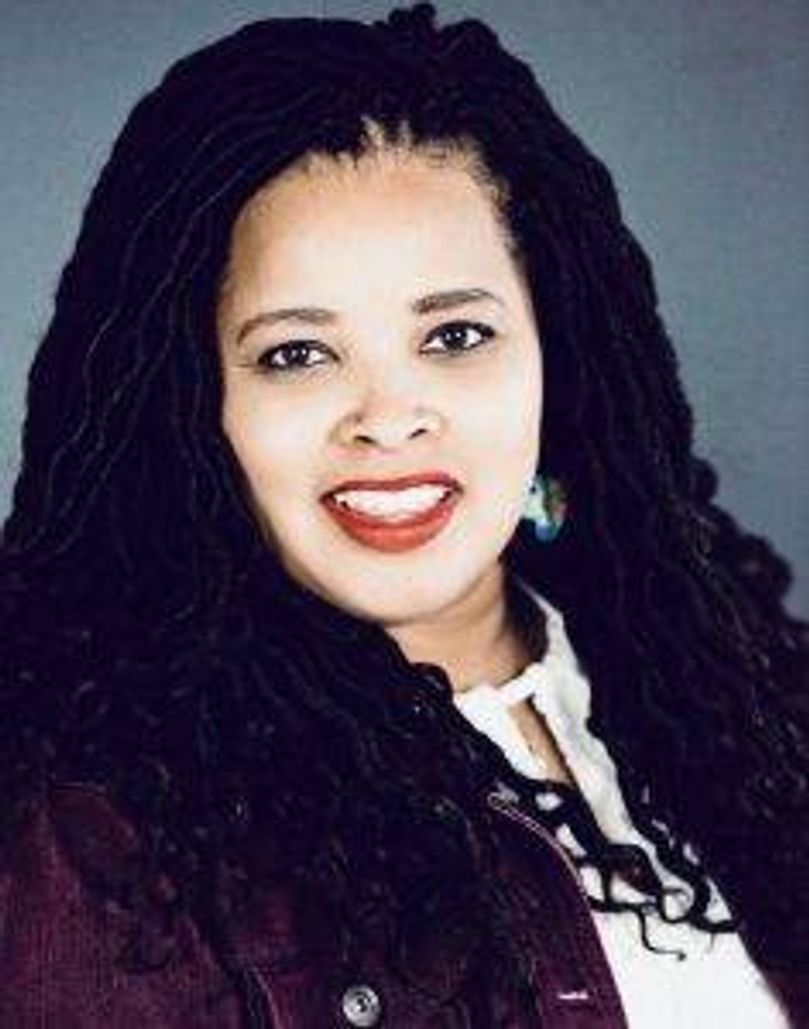
I think that in the Black community, living in the Twin Cities, every African-American clergy member I know is speaking out, and I don't know one who's not.
I think in the wider community of faith, I have seen an increase in advocacy work.
The challenge comes when we continue to address one aspect, one dimension of this and not the other.
If I fully focused on what was happening through a scriptural perspective and didn't provide opportunities for people to take that and actually put on shoes, you know, and buckle up and get out in the community and put that to work and actually implement that, I would be doing a disservice to the community.
Reverend Ingrid Rasmussen, Pastor, Holy Trinity Lutheran Church
On her initial response:
We served as a medic station for a couple of nights, primarily serving those who had been affected by tear gas that police had fired into the crowd and also as a place of rest and hospitality for those who had experienced some pretty serious trauma out on the streets.
When the Third Precinct burned down, we needed to move the medic station to a nearby church for safety reasons. And we moved into the ministry of feeding people in the neighborhood who no longer had access to grocery stores and basic necessities that they might have bought at stores that had been burned to the ground.
We had a huge response from both church members and the wider community, both in terms of donations and in terms of volunteer power. It's quite a testament to the interconnectedness of this neighborhood.
On dismantling white supremacy:
I think that the church is called to listen to the voices of people of color and indigenous people in this moment and be led by them.
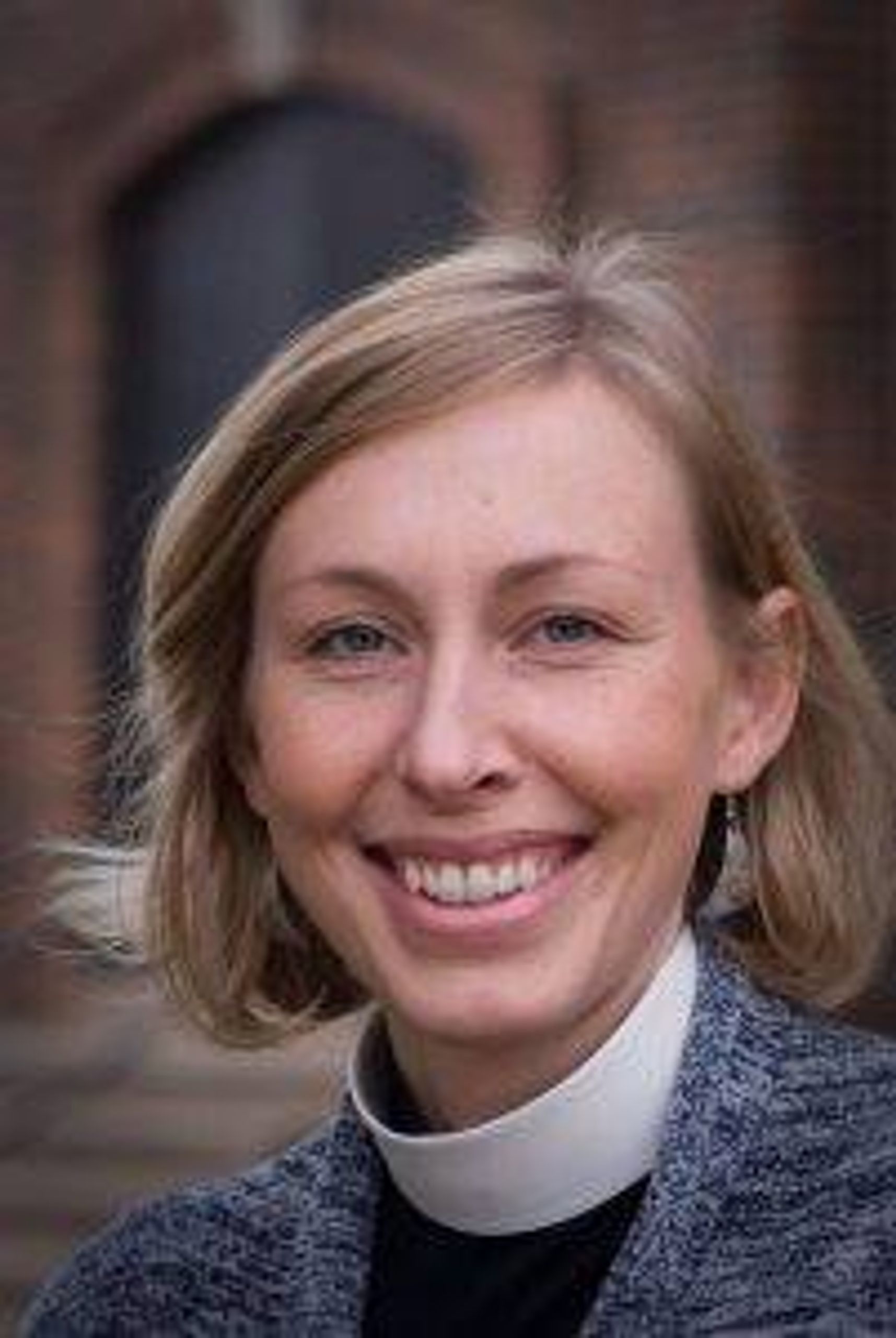
I think the church is called to call out state-sponsored execution when it happens on our streets in the middle of the day. And the church is called to imagine with the whole community a new future that is more equitable or just, particularly for those who have been pushed to the margins.
It's easy to focus on the physical destruction that comes in the midst of an uprising. And yet I think we, as a church, as a nation, need to acknowledge that destruction is simply a symptom of generations of inequality.
Langston Hughes wrote, 'What happens to dreams that are deferred?' They explode. And that's what happened all around us these past few days.
(This article originally appeared on Rewire.org.)

